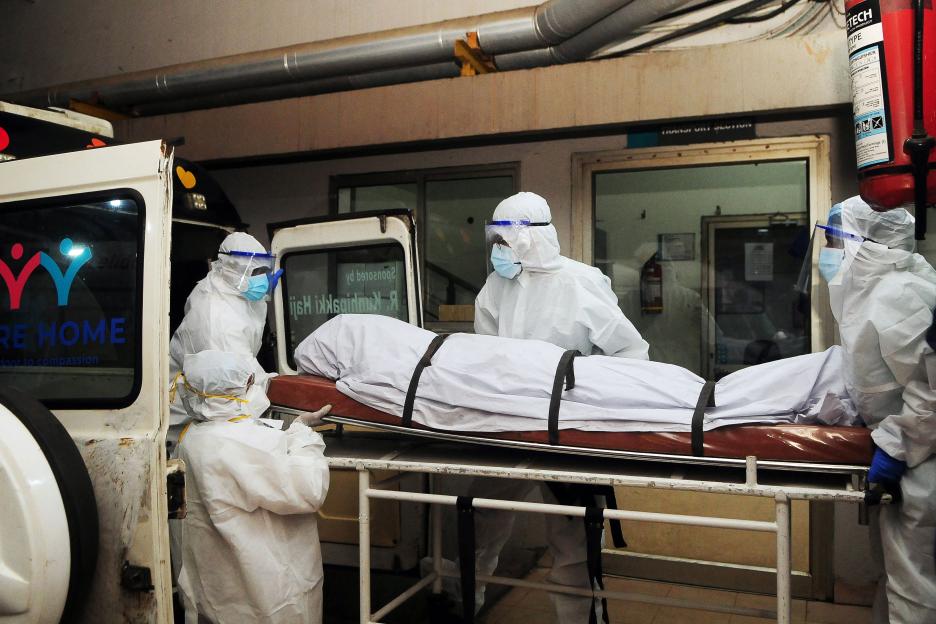LOSING your sense of smell could be one of the first warning signs of dementia, a new study has revealed.
This is because the brain’s own immune system attacks key nerve fibres linked to detecting scent, scientists from Germany say.
 Sense of smell could indicate dementia risk
Sense of smell could indicate dementia risk
Dr Jochen Herms, of the University of Munich, said: “Our findings could pave the way for the early identification of patients at risk of developing Alzheimer’s,
“It enables them to undergo comprehensive testing to confirm the diagnosis before cognitive problems arise.”
Around 944,000 Brits are currently living with dementia and experts predict the numbers will exceed 1 million by the end of the decade.
Alzheimer’s is the most common form of the condition, and is thought to be caused by build-ups of proteins in the brain, including tau and amyloid.
Memory loss is the most commonly-associated symptom of the disease – but it can also cause you to lose your sense of smell.
Previous research , from 2017, found that older people with impaired smell were twice as likely to develop dementia in the next five years, when compared with those whose smell was ‘normal’.
Loss of smell often came years before any other symptoms, including memory loss, the US scientists said.
The new study, published in Nature Communications , was based on tests in mice, PET brain scans and post-mortem tissue from Alzheimer’s patients.
In the mice, scientists saw early damage to the long nerve fibres that link the brain’s scent hub – the olfactory bulb – with the locus coeruleus, which helps control blood flow, sleep and sensory processing.
PET scans of living patients confirmed the same pathway was disrupted, while brain tissue from people who had died with Alzheimer’s showed the chemical changes that trick the immune system into destroying those fibres.
By finding the same fault across three different methods, in animals, living patients and donated tissue, the researchers say the evidence is strong that smell loss is directly tied to the earliest stages of the disease.
The experts think this discovery could be vital because new demenita drugs , such as amyloid-beta antibody treatments, only work if given early.
Spotting patients through smell tests could mean they get help before memory loss kicks in.
Dr Herms added: “This would allow earlier intervention with amyloid-beta antibodies, increasing the probability of a positive response.”
Dementia: the subtle signs and symptoms
Dementia symptoms can be subtle and vague at first.
As the disease progresses, symptoms can become more severe.
Some common early symptoms include:
- Memory problems: Difficulty remembering recent events, or putting things in unusual places
- Confusion: Disorientation or getting lost while driving
- Communication problems: Difficulty finding words or understanding what is being said
- Other problems: Reduced concentration, poor judgment, or changes in personality or behaviour
As dementia progresses, symptoms can include:
- Behavioural problems: Aggressive behaviour, withdrawal from friends and family, or difficulty controlling emotions
- Mobility problems: Reduced ability to move around, or freezing in place
- Other problems: Sleep problems, hallucinations, or misperceptions
If you notice any of these symptoms in yourself or someone else, , it’s important to speak with a doctor, as these are significant health concerns.
The study results come as a new report by the Alzheimer’s Society warned that one in five people impacted by dementia receive no support.
A survey, carried out for the charity by Walnut Unlimited, included almost 3,500 impacted by dementia, such as patients, loved ones and unpaid carers.
Just a third said their experience of diagnosis was positive, while 52 per cent faced long wait times and 41 per cent had to see multiple healthcare staff.
Professor Fiona Carragher, chief policy and research officer at Alzheimer’s Society, said: “Almost a million people are living with dementia, yet its scale and the day-to-day realities often remain hidden.
“These findings tell us that far too many people are going without the help they need, whether it’s support after a diagnosis, trained care professionals, or someone to turn to when things get hard.”
The charity also found more than a third (35 per cent) of people living with dementia are scared of getting diagnosed, while 31 per cent are apprehensive about talking to healthcare professionals.
Professor Carragher said: “An early and accurate diagnosis is vital to enable people living with dementia to access the care, support and treatments they so desperately need.
“Those who have been able to access these treatments experienced benefits, but we simply aren’t diagnosing people early or accurately enough to see current and prospective treatments rolled out widely.”







